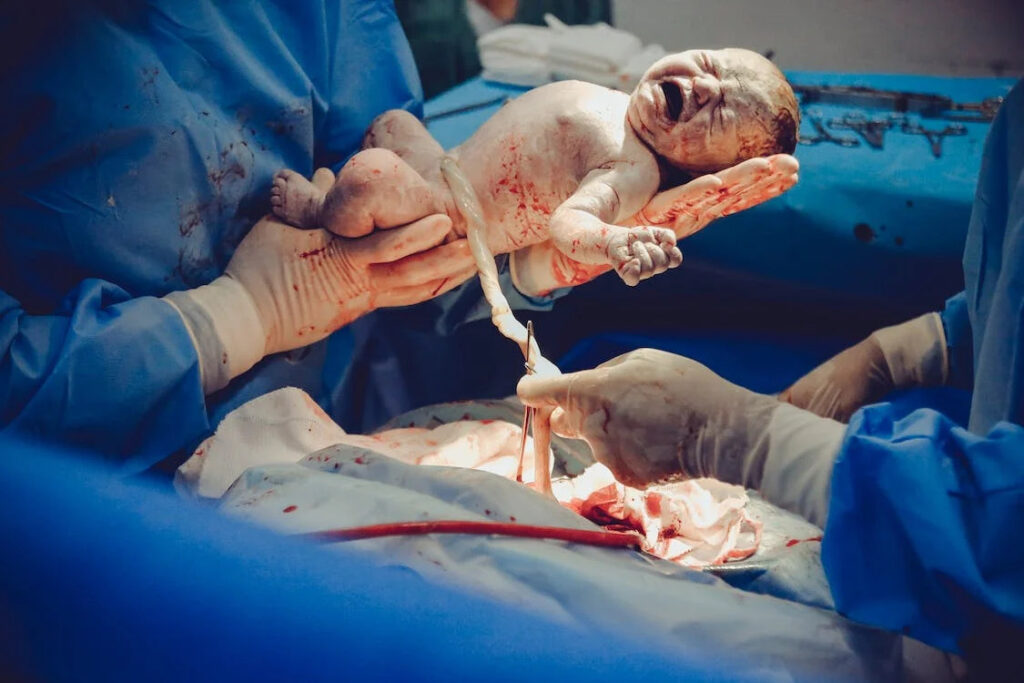Having a baby and extending your family is an incredible and life-changing experience, but it’s not without its challenges. One of the biggest challenges is the impact it can have on your body. While people may warn you about some of the physical changes you’ll experience during pregnancy, there are a few things they may not tell you about the aftermath of having a baby on your body.
Postpartum Bleeding
One thing that many people don’t realize is that after giving birth, you’ll experience a period of heavy bleeding known as postpartum bleeding or lochia. This can last for up to six weeks and is a result of your body shedding the lining of your uterus. It’s important to have plenty of pads on hand and to change them regularly to avoid infection.
Diastasis Recti
Diastasis Recti is a condition that occurs when the abdominal muscles separate during pregnancy to accommodate your growing baby. After giving birth, these muscles may not fully come back together, which can lead to a visible separation in your abdominal muscles. This can be painful and may make it difficult to engage your core muscles properly. It’s important to work with a physical therapist or a qualified trainer to help you rebuild your core strength and heal properly.
Incontinence
After giving birth, some women may experience urinary incontinence. This is due to weakened pelvic floor muscles, which can occur during pregnancy and childbirth. The good news is that there are exercises you can do to strengthen these muscles, such as Kegels. When those pelvic floor muscles don’t work as planned, you can also seek help from a urogynecology specialist in your area. In addition to seeking help from a specialist, women experiencing incontinence after giving birth may find it helpful to use incontinence underwear, which can provide extra protection and help manage any leaks or accidents.
Hemorrhoids
Hemorrhoids are a common problem after giving birth, particularly if you had a vaginal delivery. They can be painful and uncomfortable, but there are steps you can take to alleviate the symptoms, such as using a sitz bath or applying a cold compress.
Hair Loss
During pregnancy, your hair may have looked thicker and healthier than ever. However, after giving birth, many women experience hair loss due to changes in hormones. This can be alarming, but it’s a normal part of the postpartum process. Your hair will grow back, but it may take several months.
Sleep Deprivation
Sleep deprivation is a well-known challenge of having a newborn, but it can have a significant impact on your body. Lack of sleep can affect your immune system, mood, and overall health. It’s important to prioritize sleep as much as possible and to enlist the help of family and friends when you need it.
In conclusion, having a baby can be a wonderful and life-changing experience, but it can also take a toll on your body. It’s important to be aware of these potential challenges so that you can take steps to mitigate them and prioritize your health and well-being during the postpartum period. Don’t be afraid to seek help from healthcare providers, physical therapists, or other professionals if you need it. Remember, taking care of yourself is essential for taking care of your baby.

